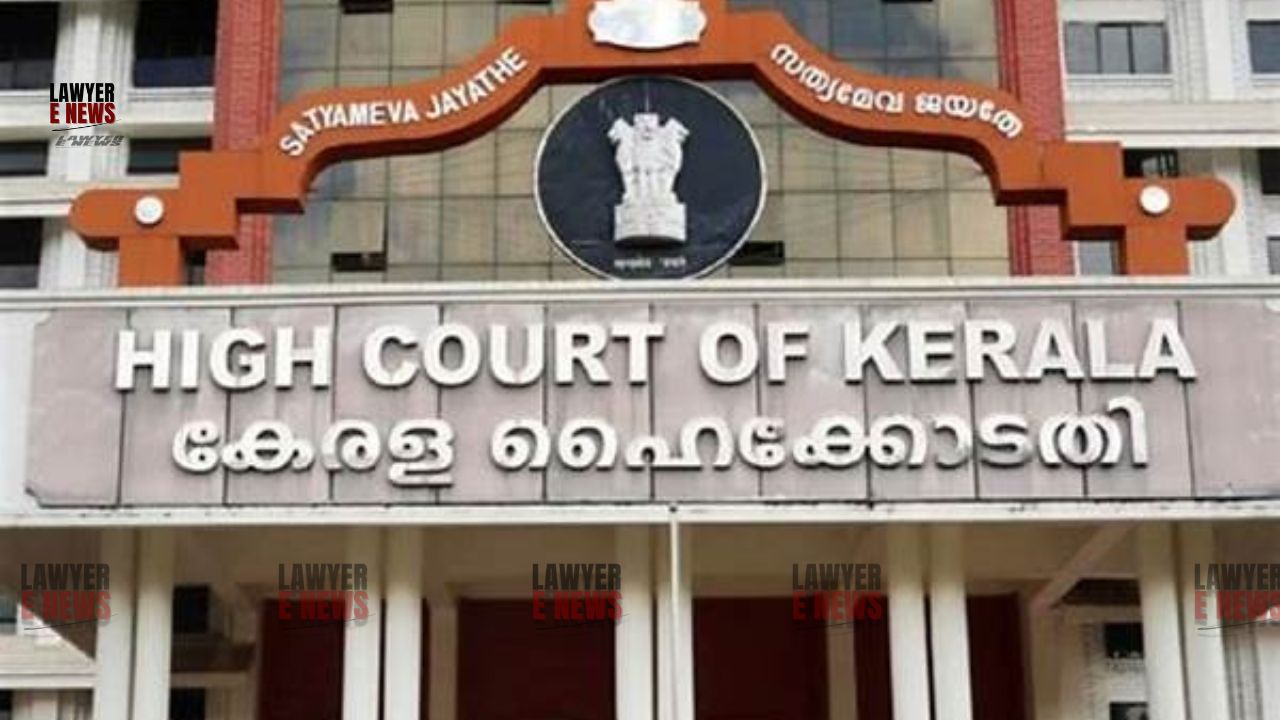-
by Admin
15 February 2026 2:36 AM



In a significant ruling, the High Court of Kerala has upheld the convictions of six individuals involved in the politically charged murder of Divakaran, an Indian National Congress activist. The bench, comprising Justices P.B. Suresh Kumar and M.B. Snehalatha, confirmed the life sentences for five of the accused and the death penalty for the sixth, underscoring the importance of consistent witness testimonies and addressing concerns of investigative biases.
The case revolves around the brutal murder of Divakaran on November 29, 2009. Divakaran, a prominent figure in the Indian National Congress, was attacked in his home by a group of individuals, leading to his death and injuries to his family members. The attack was allegedly motivated by political rivalries and was orchestrated by six accused: Manju @ Sujith, Kannan @ Satheeshkumar, Praveen, Benny, Sethu @ Sethukumar, and R. Baiju. The Additional Sessions Court – III, Alappuzha, had earlier convicted and sentenced the accused for various offenses under the Indian Penal Code (IPC), including murder, conspiracy, and unlawful assembly.
The bench highlighted the reliability of the testimonies provided by key witnesses, despite the defense’s arguments regarding inconsistencies and alleged embellishments. “The evidence tendered by PWs 1 to 3 are consistent with their statements recorded by the Magistrate under Section 164 of the Code,” the court noted. The judges emphasized that the initial reluctance of some witnesses to testify due to fear of the accused did not undermine the overall credibility of their accounts.
Addressing concerns over investigative biases, the court criticized the actions of investigating officers PWs 18 and 21, noting their apparent favoritism towards accused 5 and 6. The court stated, “The facts and circumstances mentioned above would indicate beyond doubt that PWs 18 and 21 police officers were prejudiced in favour of accused 5 and 6”. However, the bench reiterated that flaws in the investigation did not automatically discredit the substantive evidence provided by witnesses, referencing the Supreme Court’s judgment in K.Yarappa Reddy v. State of Karnataka.
The judgment delved into the principles of evaluating conspiracy and collective criminal liability under Sections 34 and 149 IPC. The court pointed out that while Section 34 IPC requires active participation and a prior meeting of minds, Section 149 IPC assigns liability merely by reason of membership in an unlawful assembly. The bench cited the Supreme Court’s ruling in Chittarmal v. State of Rajasthan, asserting that the substitution of Section 149 with Section 34 IPC was permissible under certain conditions.
Justice P.B. Suresh Kumar remarked, “If the court is convinced that the testimony of a witness to the occurrence is true, the court is free to act on it albeit the investigating officer’s suspicious role in the case”.
The High Court’s affirmation of the convictions and sentences sends a strong message about the judiciary’s commitment to ensuring justice, particularly in cases involving political violence. By upholding the credibility of witness testimonies and addressing investigative shortcomings, the judgment reinforces the legal framework for prosecuting politically motivated crimes. This landmark decision is expected to have far-reaching implications for future cases, emphasizing the importance of reliable evidence over investigative conduct.
Date of Decision:August 2, 2024
